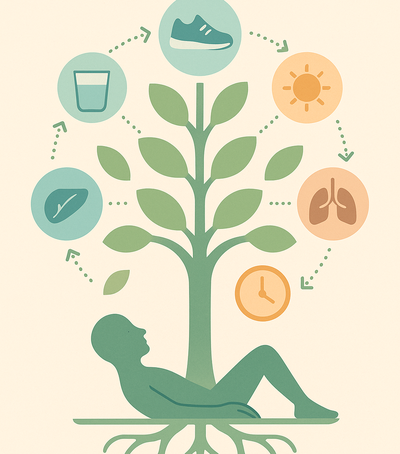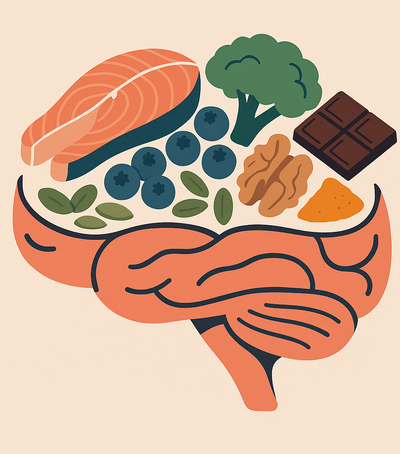When we go to the supermarket we see endless types of cooking oils. But in all these waters, there is one that even though you never buy it to cook, you eat it almost every day. It is found in a variety of foods, including: bread, chocolate, margarine, pizza, etc. But the way it is produced is harmful to humans, to the air we breathe, and to the living world.
We are talking about palm oil - the most famous oil in the world. Used in many foods, sometimes in large quantities. In fact, according to some estimates, it is found in almost half of supermarket products. The reason you may not have heard of it is that for many years, it has been hidden by different names. An order from the European Union in 2014 forced manufacturers to indicate when it was used in food, but these rules continue not to apply in cosmetics. So you may not realize that it is in every product, from shampoo to lipstick.
The reason why palm oil is so famous to manufacturers is that in many ways, its quality makes it an indispensable raw ingredient. It is cheap to produce. In fact, the problem is not palm oil, but this is it:
Palm oil is produced from palm trees grown in low, humid areas and tropical climates. They grow in tropical forests, which are home to animals such as orangutans, and along with logging and hunting, deforestation caused by palm oil production has led some species to enter the endangered species list. And it's not just animals that are at risk. In 2016, Amnesty International accused the industry of using children to produce palm oil.
Palm oil production was also one of the factors behind forest fires in 2015, which caused a major air pollution, deforestation and affected climate change.
So what is the solution?
Do not use palm oil anymore. But many campaign groups are not calling for a boycott, as palm oil has fewer pesticides than other alternatives and is a source of income for many people. Plus the industry promised to produce oil without damaging forests, people and the living thing. But today, many say the industry has not kept its promises.
If the way it is produced does not change, the damage from the palm oil will continue.





